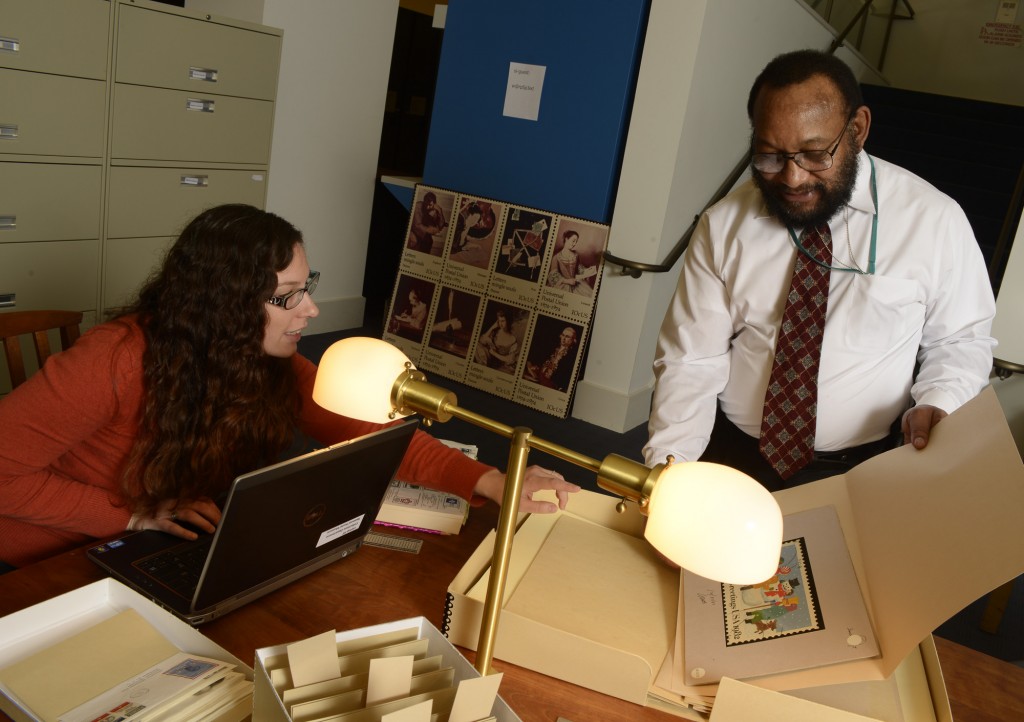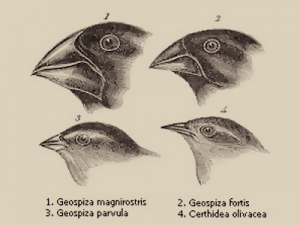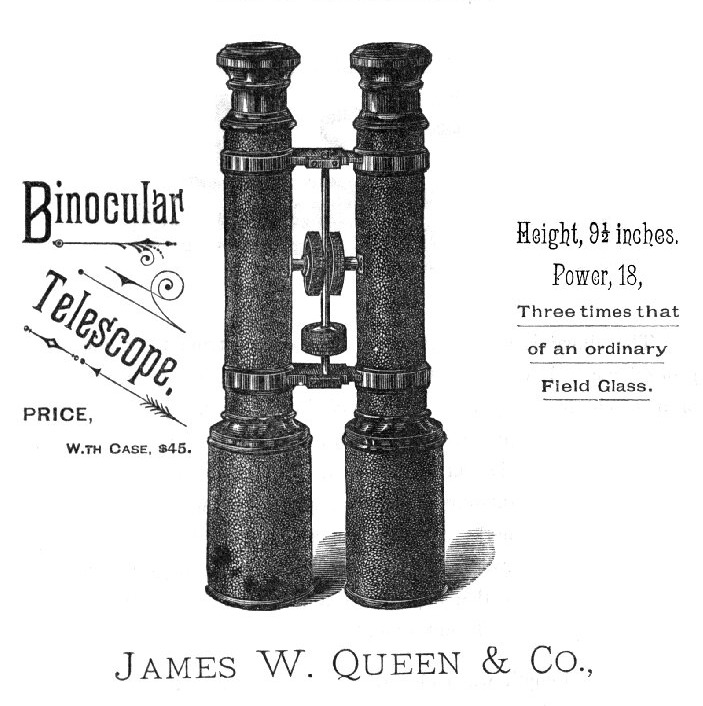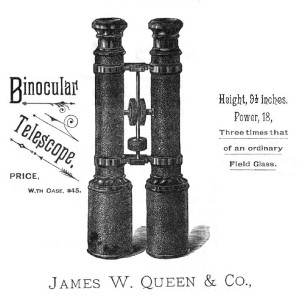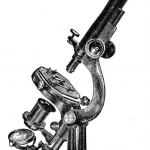This is the first post in a two-part series.
Lawrence N. Huber devoted several pages of his journal lamenting the fact that the Navy vessel he was aboard had run out of Wheat Chex. This comes from a young man who was out in the middle of the Pacific Ocean, banding thousands of often rather uncooperative birds, making observations of any type of fauna he came across in the Pacific Islands, and swimming in the ocean with open abrasions with the stated intention of attracting sharks. All these things to write about (which he also does), but his main complaints revolve around food, the quality of it, the quantity of it, and the absence of it, as in the case of his beloved Wheat Chex.

